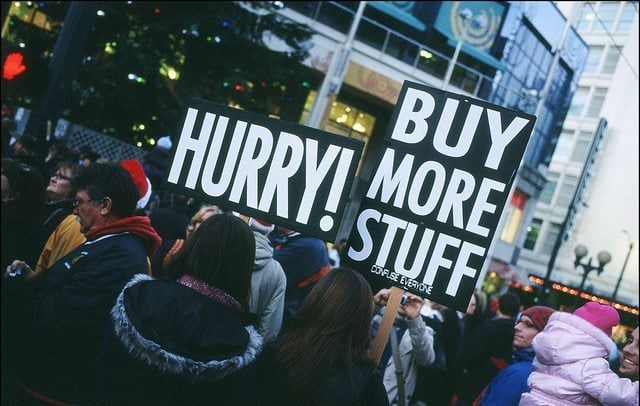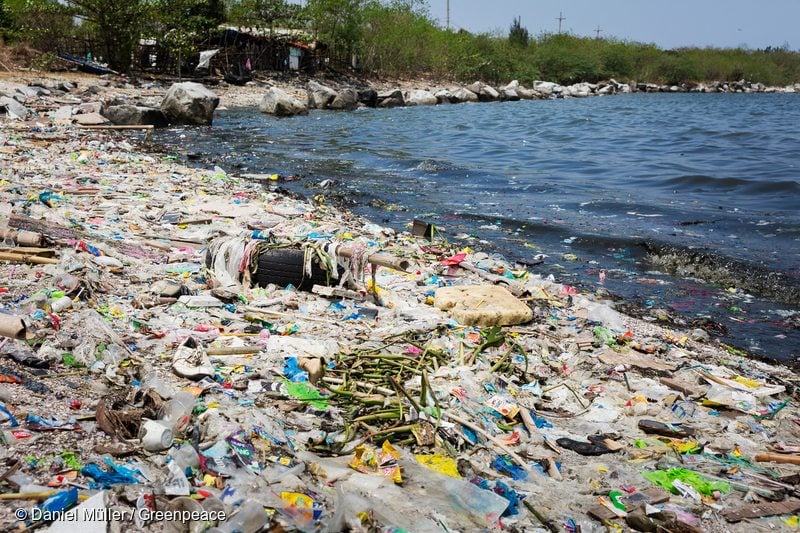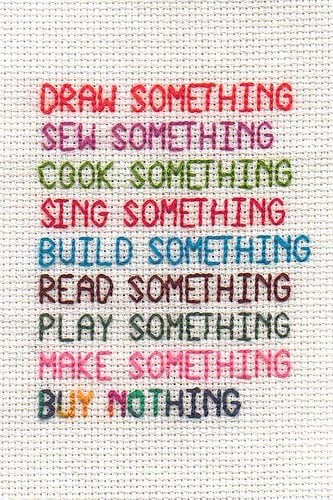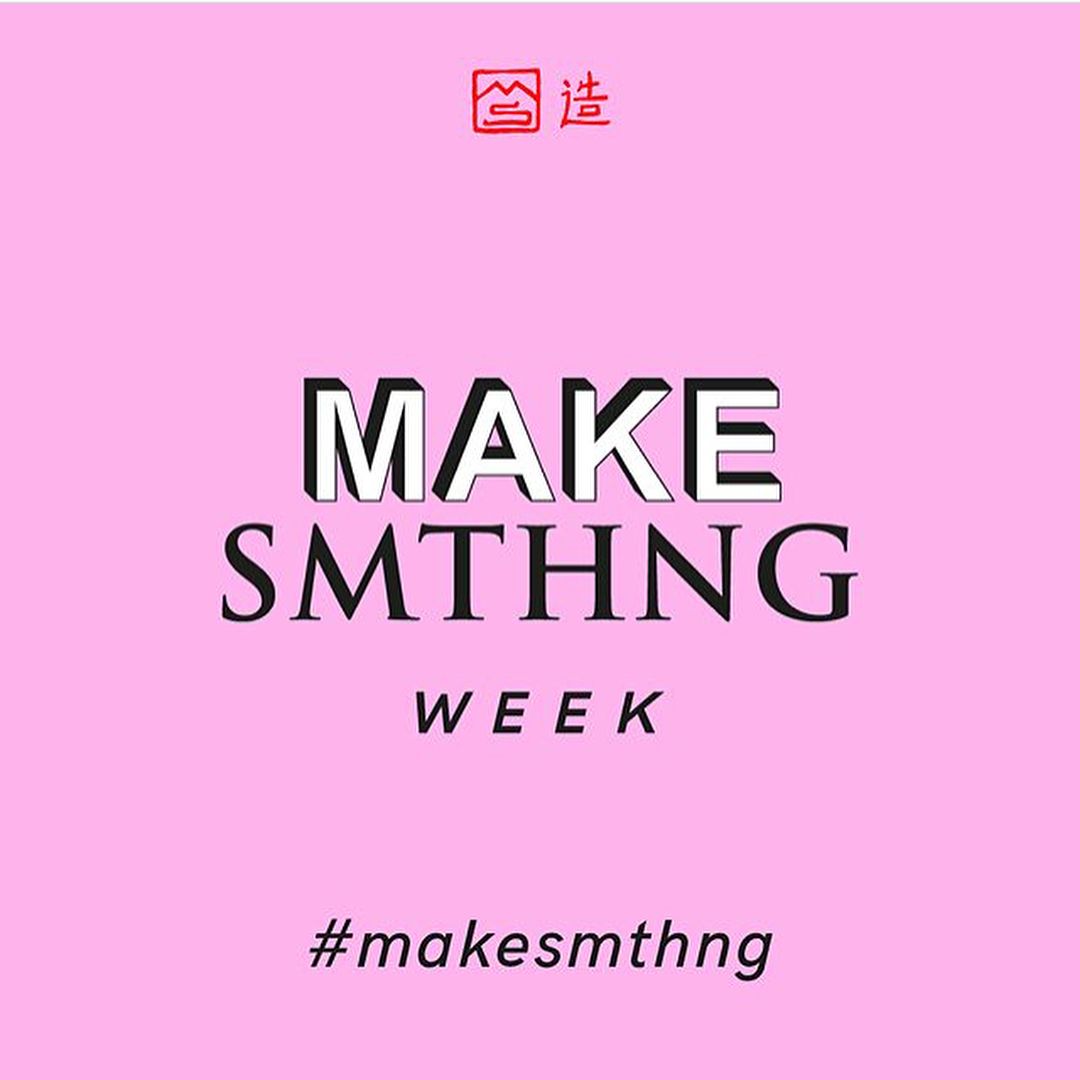What’s the true cost of our excessive consumerism and what can we do about it?


‘Tis the season to rethink our relationship with consumerism.
At some point, the holiday season officially became a season focused on consumption — not just of scrumptious food and quality time with family and friends, but of things too. I can’t say I remember the first time I watched a clip showing hordes of people trampling over each other at a store on Black Friday — but it was shocking. Now, it’s entirely predictable. If I had to guess, these occurrences are so iconic that most people would easily recognize the day if they saw it on the news.
Hopefully the majority of Americans won’t actually be fighting someone for a cheap television this year. Still, we are ensnared in a consumer-oriented culture in which we are constantly bombarded by corporate advertising that tries to convince us that we need more and more stuff. Current marketing tactics have become hyper-targeted, and it’s as if the internet is predicting what you want before you knew you wanted it (Spoiler alert: it is).
It may seem harmless to join in on those Black Friday sales, but this simply isn’t true. So much of what we buy now is fast, cheap, and disposable, and to produce many of the items we use, we’re continuing the vicious cycle of environmental degradation and the subsequent waste it creates.

Plastic waste on the beaches of Manila Bay.
I readily admit that I have been tempted by the tantalizing ads featuring items I don’t really need. Yet our mindless consumerism contributes to a host of environmental problems we can no longer ignore. Horrible working conditions for laborers, deforestation, the hidden costs and pollution behind global shipping — not to mention the waste it creates when we’re through with it — this is the actual cost of those deals we believe we’ve scored. As Naomi Klein points out, “climate change has less to do with carbon than with capitalism.”
Stop shopping, start living, MAKE SMTHNG!
A study from San Francisco State University suggests that while we continue to consume material goods — believing it’s bringing us happiness — our money would be vastly better spent on experiences, like heading to a show, saving for (and going on) an amazing trip, or meeting friends for dinner. Using our money to fund an occasion, instead of goods, has proven a much better predictor of a person’s overall happiness. That’s worth reminding ourselves when seeing that tempting object we just don’t need.

You can do it all, just don’t buy it.
Another great way to take action against consumerism is by joining the millions of people who are opting out of Black Friday to participate in Buy Nothing Day. We can make a statement by putting our wallets away, getting outside or connect with friends and family.
Wasteful overconsumption has found its nemesis in MAKE SMTHNG Week – an international festival that celebrates the community of crafters, upcyclers, and DIY geniuses who reject consumerism in the name of resourcefulness. Workshops and events will take place in cities around the globe (check them out!), to teach and share ideas around creating unique goods from the reusable material you already own.

MAKE SMTHNG Week kicks off with workshops and events all over the globe to inspire creativity and reuse.
Finally, to reject Black Friday and Cyber Monday is to embrace Giving Tuesday this November 28th. Remembering that the tradition of the season is to be mindful in helping others, and to give what we can to support the causes we hold most dear. That certainly doesn’t have to be tied to monetary donations; there are many organizations and local community efforts that would greatly benefit from volunteering our time. Giving Tuesday helps us rethink what it means to celebrate, to give, and to connect in a meaningful way with the world around us.
